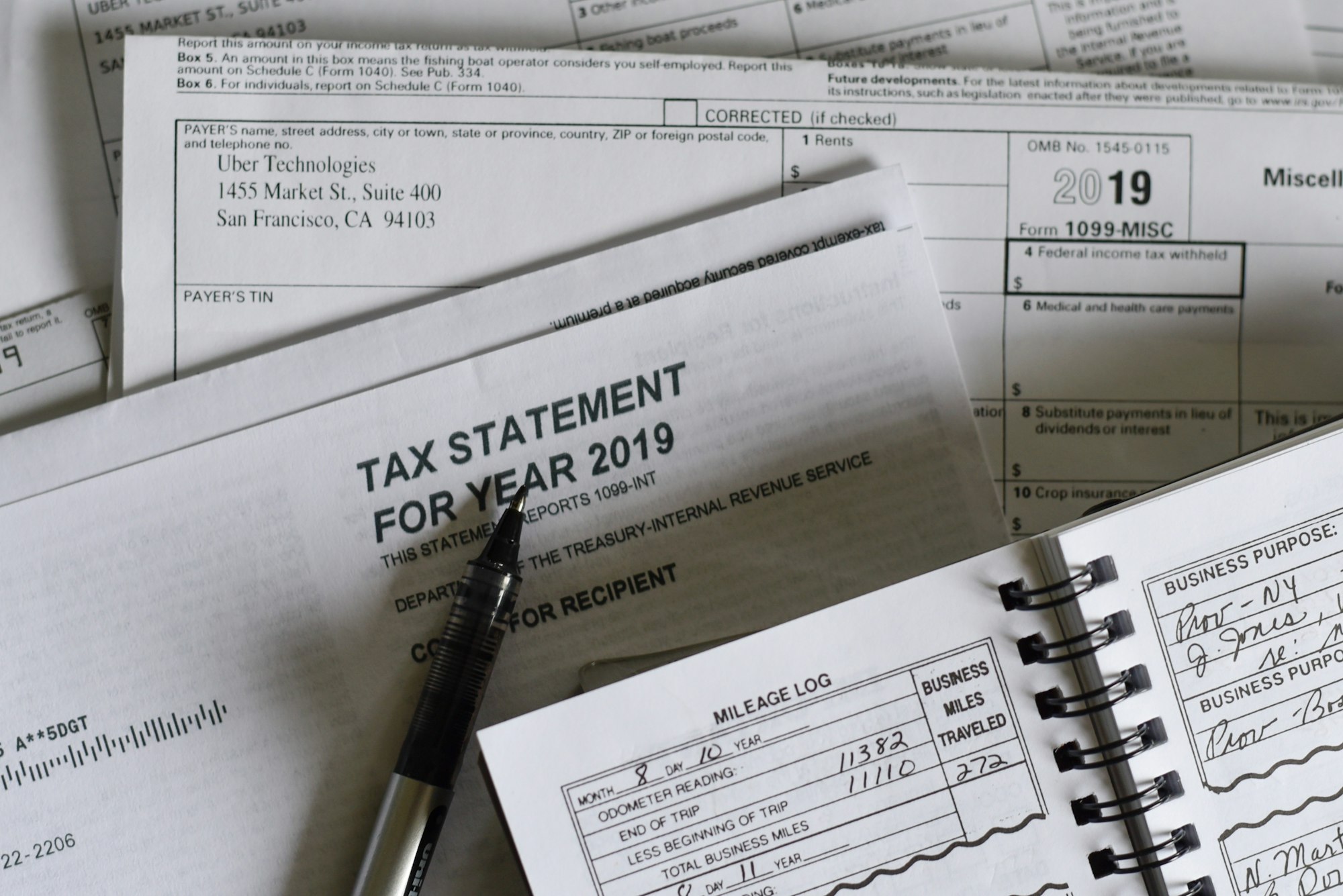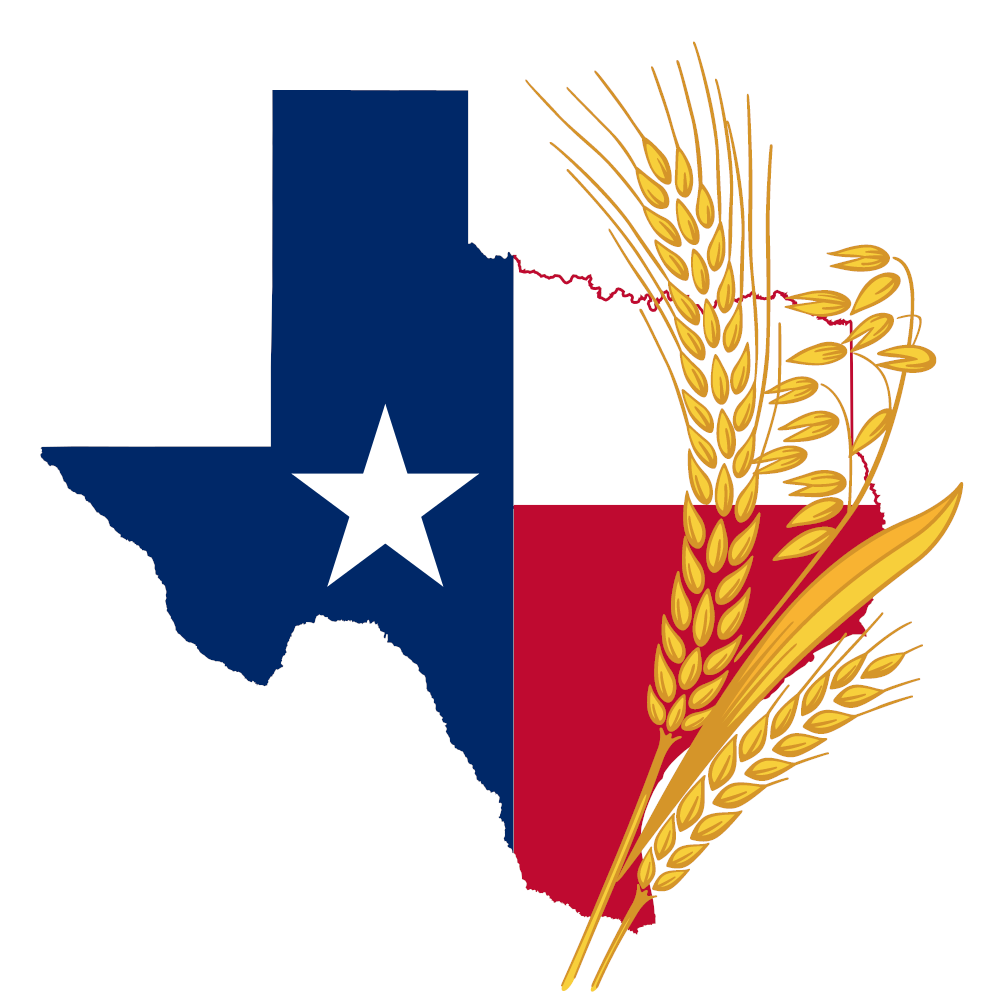Starting this week, I’m going to try something new. My Tuesday pieces will identify issues important to Houstonians and Texans. My Friday pieces will be talk about how I think we can address them. Earlier this week, I wrote about state and local budgets during COVID-19 and the problems with our current system. Today, I’ll describe a better tax system for Texas.
[I previously wrote about this topic on Medium.]
Balanced budgets mean you always need the Feds
During COVID-19, many legislators are re-learning a lesson from the Great Recession: when the economy declines, state and local government revenues dry up. Some taxes are more recession resistant than others, but the real spending limit is the balanced budget requirement.
Property taxes may only marginally decline (if at all), but sales, motor vehicle, and gas taxes certainly do. That forces spending cuts. There is no way out of balanced budgets – they’re contained in most state constitutions. That’s why Senate Democrats are pushing to send more money to the states so states won’t have to cut services during COVID-19.
Since state and local taxes are about the present state of the economy, we can get to two important questions. First, what reforms can we make to the tax system to fit liberal policy goals, and second, which of those are particularly popular?
Property taxes cause problems – and are unpopular
To recap, our property tax system doesn’t work. Here are some of the reasons why:
- Property taxes are a fixed cost to living. Everything exists on land somewhere, so no matter what you do (rent, own, buy products, etc), you are paying property taxes. Unfortunately, property values are increasing faster than wages – and not just in urban areas, but rural ones too. That means family budgets are getting squeezed every year just for living. So it don’t be surprised that property taxes are incredibly unpopular.

- Property taxes tax savings and make it hard for families to get ahead. Even Elizabeth Warren has said that, for most families, housing is the best way for middle class families to build wealth. When we tax home ownership, we limit growth not just for today’s family but for their children. We also give developers a leg up in under bidding for homes in gentrifying neighborhoods owned by people with fixed incomes.
- Lastly, local property taxes concentrate resources locally. It can be tempting, especially now that the major cities and counties in Texas have elected Democratic lawmakers, to throw this back at Republicans. But that concentration makes economic and geographic segregation worse. You can see the effect in Raj Chetty’s Opportunity Atlas. The Houston map below shows the average adult income of kids who grew up in households at the bottom 25% of the income bracket by the neighborhood they grew up in.

But sales taxes and the franchise tax also cause problems
That being said, we don’t just have property taxes in Texas. We also have a sales tax on goods and services. Unfortunately sales taxes make life more expensive in Texas, especially for middle and low income families. That’s because, despite exemptions, sales taxes are a percentage of the final price and the cost of living just keeps going up.
The franchise tax, our business tax, is also fairly inefficient. It only raises 3% of our revenues and yet most of Texas’s 3.5 million businesses must file a return. We can do better.
The challenge of raising taxes
As taxpayers, we pay taxes whenever we spend money (sales) or save money (property). At the same time, taxes change behavior. For example, we lower taxes on tax free weekend to encourage spending.
But we want people to save, so we try not to tax savings too much. And we know families can’t live without spending, so we try not to tax spending too much. In trying to manage that balance, we’ve come up with tax free items, property tax exemptions, and business tax thresholds. It makes for an overly complicated system.
One way to provide tax relief to families would be to close the commercial property tax loophole, or more broadly, tax all savings the same. For many people, it doesn’t make sense that commercial property and financial assets are taxed less than a family’s home.
However, most Texans already think their taxes are too high. Less than half of Texans believe it’s a good idea to raise taxes on businesses, even for something as popular as public education.

The morality of the economy
Take a step back and think back to when you were a kid. Your parents probably taught you that if you have a choice, you should save rather than spend. Savings help build for a better tomorrow, while spending only satisfies you today. That old lesson is one reason why so many Texans oppose taxes on savings – why should families be penalized for doing the right thing?
Taxing property (or the median family’s largest asset) is a compromise from the pre-computer age. Communities needed tax dollars and it was easy to figure out who owned a piece of property. As our goods and service industry grew, it became easier to levy taxes on those sales. It also supported our moral preference to save versus spend.
However since all people need to spend some amount just to live, we quickly realized that some basic items should be exempt from taxes. But once we opened up the exemptions for some, others piled in. Now we have a system where if you buy a book on writing your will, you get taxed, but not if you get a lawyer to do it for you.
Between an old way of taxing and a corrupted enforcement, it’s no wonder people have gotten cynical. We can do better.
A better tax system for Texas
Voters are unhappy with the existing tax system, but also want public services. Elected officials know it and that’s why they tried to fix the system last legislative session. The Governor, Lieutenant Governor and Speaker pitched a permanent reduction in property taxes for an increase in the sales tax.
The “Big 3” correctly understood how poorly the property tax system works. And they correctly understood that if you’re not taxing property (dysfunctional) or income (no political support), then the only remaining option is increasing the sales tax.
However, they made two big mistakes:
- Most importantly, sales taxes are disproportionately paid by lower and middle class families. Without any other changes, an increase in the sales tax shifts the burden to those that consume more than they save. And that is especially bad for families since children don’t earn any money, but they certainly cost quite a bit. Neither Republican nor Democratic members could support that.
- A reduction in some property taxes only partially fixes the problem. Families will still be on the hook for the remaining property taxes, which will grow at rates faster than most family incomes.
The problem isn’t that legislators tried, it’s that they didn’t go far enough.
The fix
Here are the two fixes that could have solved those problems:
- In order to help reduce the burden on low and middle class families, the state should send them a monthly check to lessen the burden.
- The state should just eliminate property taxes as a tax all together.
By eliminating property taxes all together, the tax code would no longer penalize family savings – a big win for middle class families and neighborhoods experiencing gentrification. We could also get rid of the whole process of fighting valuations, for families and corporations, saving everyone time.
By sending a check to resident Texans, the tax system would support families and discourage excessive spending – a win for cultural conservatives and environmentalists.
The math
You’re probably thinking the math doesn’t quite work. Well, here’s the model. See for yourself. It’s based on 2017 numbers and as soon as they’re updated, I’ll swap them out.
For a 20% sales tax rate (on everything – no exemptions), we can:
- Eliminate all property taxes, the franchise tax, and every other state tax
- Pay every Texas resident $180/month and every child $230/month (maximum three children per married couple)
- Provide a $2.50 per workday transportation stipend as an apology for all the toll roads
- And still have enough to invest an extra $13 billion a year in public services like schools, flooding infrastructure and healthcare
What does this mean for families?
- A middle class married couple with two kids and a mortgage would see their household income increase by $5,800
- A single parent with two kids earning minimum wage would see their household income increase by $8,700
- And a high income married couple with no kids would see their household income decrease by $15,840
And notably: families can decrease their tax burden by just spending less.
Are there details left to sort out? Of course. Some issues include how to allocate the state money back to state and local governments to spend and what happens if they want to institute their own local sales tax.
Is this a perfect plan? Not at all. Many Texas residents aren’t banked or legal residents. What happens to them?
But is this a better idea that what current liberal challengers are offering? In my opinion, 100% and we need to start thinking this way if we ever want to win elections again.

